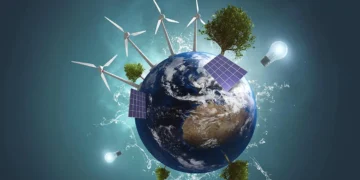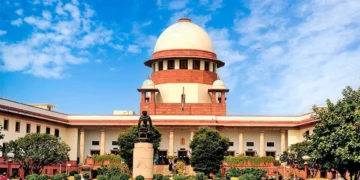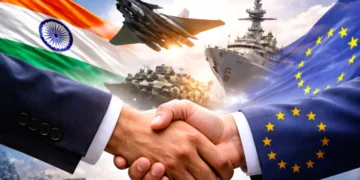 PRIME Minister Narendra Modi undertook his most complex foreign policy task till date as India engaged with the intricate BRICS bloc at Kazan, Russia. India sought to underscore efforts to balance divergent powers, most notably the West and the Rest.
PRIME Minister Narendra Modi undertook his most complex foreign policy task till date as India engaged with the intricate BRICS bloc at Kazan, Russia. India sought to underscore efforts to balance divergent powers, most notably the West and the Rest.
The pursuit was for a broader strategic goal – let’s call it the emergent doctrine of ‘indispensable India’. BRICS opens the flexibility that India seeks for its own position in global order. Thus, for India, BRICS represents not just an economic grouping, but a vital counterweight to Western-dominated alliances, providing strategic alternatives.
In recent years, BRICS has increasingly garnered attention as a key platform in reshaping global geopolitics. Originally formed as an economic bloc of emerging markets, BRICS has transcended its initial purpose to become a major player in the international political arena. With the recent expansion that includes countries such as Argentina, Egypt, and Iran, BRICS now wields even greater influence. The move has profound implications for global balance of power, with particular emphasis on the strategic role India plays within the group.
Central to the Kazan Summit was PM Modi’s cautious recalibration of India’s fraught relationship with China. His meeting with Xi Jinping was premised on tentative disengagement along the Line of Actual Control, a deadly four-year faceoff. Should the dialogue yield even modest deescalation, it could serve as a foundation for rebuilding trust between the two giants.
For BRICS, any thaw between India and China is of immense significance, though it is far too early to herald a permanent shift. A détente, a handshake and emphasis on resolution of conflicts between the world’s second- and fifth-largest economies augurs well for a world ravaged by two major wars in the Europe and the Middle-East. On commercial front, India showcased its growing prowess in global diplomacy.
The ports of Chabahar in Iran and Haifa in Israel, where India holds substantial stakes, are emblematic of the art of managing contradictions. Economically, India’s stature within BRICS is formidable. As a purchaser of Russian oil, India has become a vital cog in Moscow’s energy machinery, refining crude oil and selling it onwards to Europe and the US. Indispensable India is underwritten by a GDP surpassing $4 trillion and an enviable growth rate of 7 pc. Maintaining that growth is critical For India’s global ambitions.
Foremost for India, BRICS provides strategic space. It amplifies India’s leadership within the global non-Western world. With repair underway with China, it opens a window to the Asian opportunity, though China is yet to fully ride a multi-polar Asia. It strengthens India’s outreach with powers like the UAE, with which it has a free trade agreement, and with Egypt, which controls a vital chokepoint at the Suez in the future potentially opening new markets.
Unlike China and Russia, India maintains robust diplomatic and economic ties with the West, making it a unique player in the group. This duality allows India to act as a bridge between BRICS and Western powers, offering a balanced approach that can temper the bloc’s more aggressive antiWestern stance. The US and its allies seem to have accepted India’s rise as a power, neither defeated nor defended by them in the Second World War like the rest of the G7. They recognise India’s indispensability in the emerging global order.


























